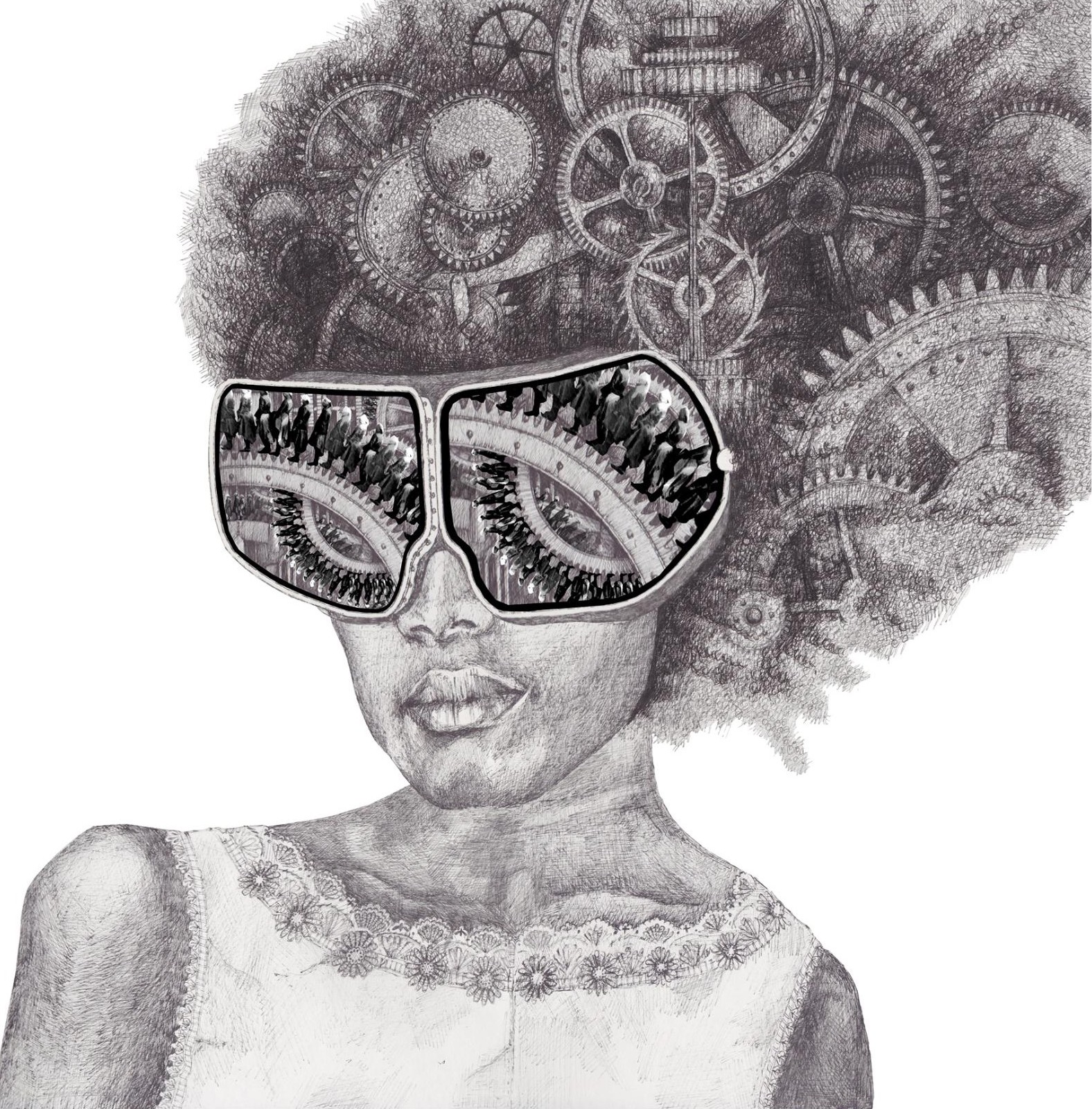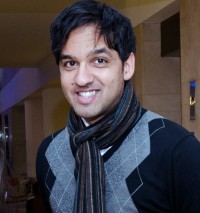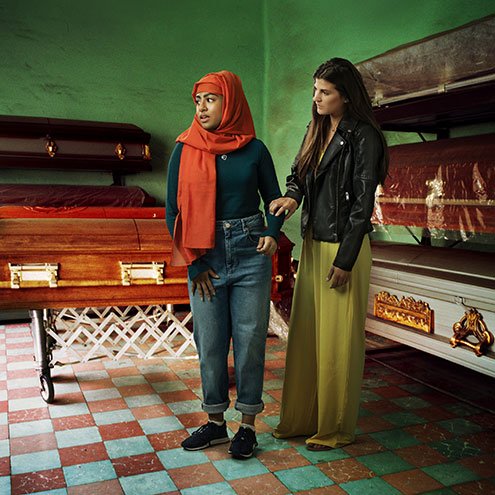Hijabi Monologues started life more than a decade ago when university friends Sahar Ullah, Dan Morrison and Zeenat Rahman were socialising following a concert they had organised. Morrison made a quip that he wouldn’t have otherwise chosen to be friends with women who wear a hijab. Ullah told him a story about going to a football game. Morrison suggested they do a ‘Hijabi Monologues’ which would share the real stories of women who happen to wear a headscarf.
Ullah took time out to write the stories, including the one about the football game and first started performing in coffee shops in Chicago in 2007. She says the show didn’t really take off until much later when she performed at the Kennedy Center in Washington DC in 2009.
“For people who are not Muslim there’s a lot of interest in what the veil means and what it represents and when they come to the show sometimes they think they are going to learn about that.” – Sahar Ullah
Ullah hasn’t always used the term ‘hijabi’ to describe herself but says it has became part of her adopted lingo since she moved from Florida to Chicago. She has since moved to New York. “For the purpose of the show, it is something we use for marketing. It indicates that these stories are specific, they are about women who self-identify as Muslims but also present themselves visibly in a certain way. So it’s not about all Muslim women.” The show makes no claim to be representational.
Audiences are surprised that the show isn’t necessarily concerned with the veil or why some Muslim women choose to cover up, Ullah says. “One of the things you hear from Muslim women over and over is that the hijab is not something I think about 24/7 because it’s on my head, not in my head,” she laughs. “The show isn’t about the hijab but the women who happen to wear them.”
It’s this creative vision that has enabled Ullah to interrogate the storytelling process, and hone in on what makes a story work on stage. Ultimately she wants to take the audience with her on an emotional journey, through laughter and tears rather than one that leaves them necessarily better informed. “We’re not actually hoping to answer questions, we’re hoping to create better ones.”
I ask her whether she is at all concerned about putting Muslim women centre stage given our political climate. “Women who wear a headscarf have been centre stage for a very long time just not in the way they wanted to be,” she reminds me. “They’ve been the subject of interest for a long time, just not in recent times but also, in the colonial period. There’s been lots of writing about what the veil means, so I wasn’t so apprehensive about that.”
Having seen other projects that failed or fell short in their attempt to be ‘representational’, Ullah says her main concerns lay with wanting to create something where the emotional arc of the stories would convey a range of experiences for both insiders and outsiders of the community. Her creative process is thoughtful and considered as well as sensitive to the needs of the Muslim community that have often felt betrayed after “seeing a movie or show which has represented a piece of your story in such a way that is damaging to your community.” Her mindful approach seems to have paid off. Reviews have praised the production for being ‘funny and moving.’ The show has also been successful in uniting Muslim women through shared experiences and offering them a safe space where they can connect and share their stories.
I ask Ullah about whether Muslim women are still invisible in society today. “I don’t think we’ve ever been invisible. I do think there’s a lot of selective hearing that goes on,” she laughs. She offers the marketing of her own show as an example.
“Sometimes the show gets marketed as the ‘unheard voices’ of Muslim women and for me, it’s a little bit annoying because I grew up among Muslim women and I heard their voices all the time, so who’s not listening, why are they unheard?” – Sahar Ullah
Ullah says that the question shouldn’t be whether Muslim women are invisible but why they are unheard, by whom and what are the structures that leave them invisible in certain communities. “There’s a market or a desire for certain kind of stories which make other kinds of stories either less marketable, less palatable, and so I guess, less visible in certain spaces.”
Occasionally, an audience member will attend the show and not ‘get it’, Ullah tells me. They’ll ask about the ‘real stories’ and when probed, mention terrorism and FGM to which her response is, ‘Clearly you know those stories so I guess we don’t feel the need to reiterate them.’ In a climate where Muslim women’s stories in the mainstream are dominated by burqa bans, oppression and radicalisation, Hijabi Monologues offers a powerful and refreshing alternative.
Sahar Ishtiaque Ullah is Co-Founder, Creative Director and Head Writer of Hijabi Monologues, which has toured across the United States and internationally for a decade. A South Floridian Bangladeshi based in New York City, Ullah holds a PhD in Arabic and Comparative Literature from Columbia University where she will be teaching literature as a Post-Doctoral Fellow. She has consulted for a number of theatre and television productions on Muslim cultures including Orange is the New Black.
Hijabi Monologues London is part of an international project focusing on the real-life experiences of both local and international Muslim women. There are nine gorgeous monologues by four writers that make up the production. Three are new monologues by British female writers and six are by Hijabi Monologues Co-Founder, Creative Director and Head Writer Sahar Ishtiaque Ullah.
Films of all nine monologues will be available soon on Bush Theatre’s Hijabi Monologues London website


